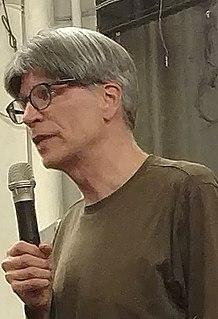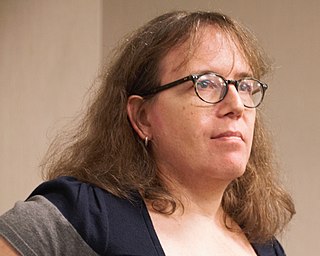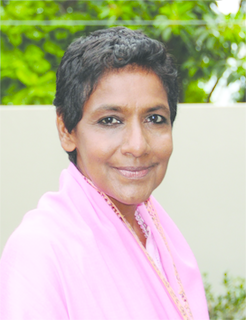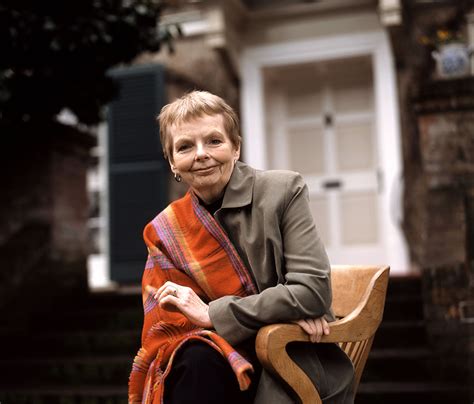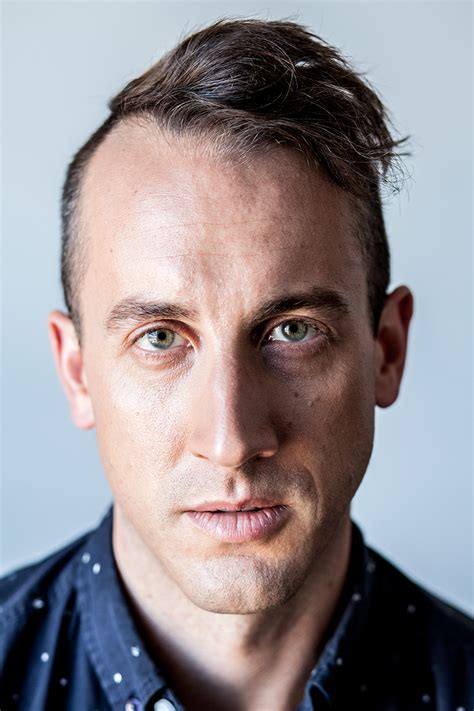A Quote by Richard Powers
We build our technologies as a way of addressing all our anxieties and desires. They are our passions congealed into these prosthetic extensions of ourselves. And they do it in a way that reflects what we dream ourselves capable of doing.
Quote Topics
Related Quotes
Life seems to be a process of replacing one anxiety with another and substituting one desire for another--which is not to say that we should never strive to overcome any of our anxieties or fulfil any of our desires, but rather to suggest that we should perhaps build into our strivings an awareness of the way our goals promise us a respite and a resolution that they cannot, by definition, deliver.
We're in essence allowing our spirit to come to terms with all the conflicts that we build within ourselves. Disease is after all a conflict within the tissue itself. Memory fading within the tissue, conflict of our actions or thoughts, our lives are not seamlessly running together in some way for ourselves, and had not been for a long time before we get to the critical point of a disease.
It is difficult to see ourselves as we are. Sometimes we are fortunate enough to have good friends, lovers or others who will do us the good service of telling us the truth about ourselves. When we don't, we can so easily delude ourselves, lose a sense of truth about ourselves, and our conscience loses power and purpose. Mostly, we tell ourselves what we would like to hear. We lose our way.
Hospitality means we take people into the space that is our lives and our minds and our hearts and our work and our efforts. Hospitality is the way we come out of ourselves. It is the first step towards dismantling the barriers of the world. Hospitality is the way we turn a prejudiced world around, one heart at a time.
Many of our feelings of satisfaction or dissatisfaction have their roots in how we compare ourselves to others. When we compare ourselves to those who have more, we feel bad. When we compare ourselves to those who have less, we feel grateful. Even though the truth is we have exactly the same life either way, our feelings about our life can vary tremendously based on who we compare ourselves with. Compare yourself with those examples that are meaningful but that make you feel comfortable with who you are and what you have.
